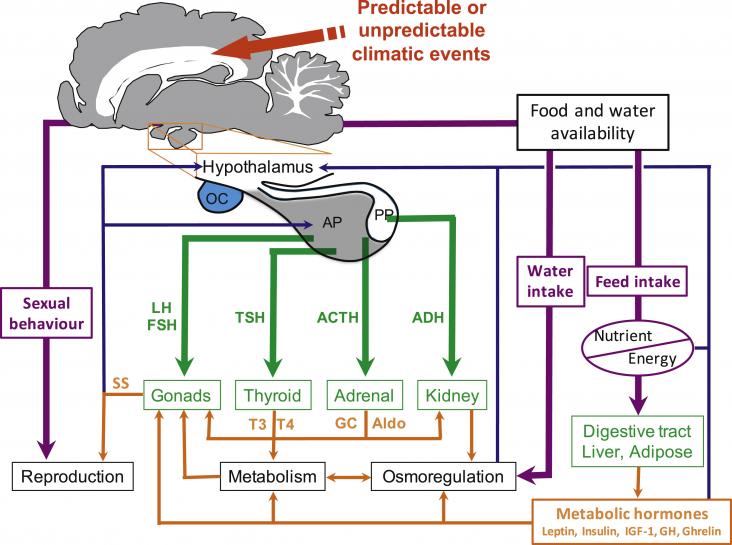Insect pollinators are becoming visible to societies. Many peer-reviewed papers evidence biophysical and ecological aspects of managed and non-managed insect pollinators.
Although several empirical studies and systematic reviews have documented the mental health impacts of global climate change, the range of impacts has not been well understood.

Climate change will expose mammals to an array of stressors, some new, and some with increased frequency and severity.
This study suggests that climate and anthropogenic factors play critical roles in controlling the spatial and seasonal distribution of China's ecosystem fire disturbances.
This study indicates that croplands have a large potential to sequester Carbon through implementing better land use management practices, which may partially offset soil organic carbon loss caused by climate change.
Climate change forcing, with the increasing of the extreme rainfall, is one of the major critical factors for major critical factors for Agricultural landscapes cultivated in hilly and mountainous areas.
Reductions in carbon emissions have been a focus of the power sector. However, the sector itself is vulnerable to the impacts of global warming.
Background: Cultured meat has emerged as a breakthrough technology for the global food industry, which was considered as a potential solution to mitigate serious environmental, sustainability, global
The natural world has multiple, sometimes conflicting, sometimes synergistic, values to society when viewed through the lens of the Sustainable Development Goals (SDGs), Spatial mapping of nature's co
